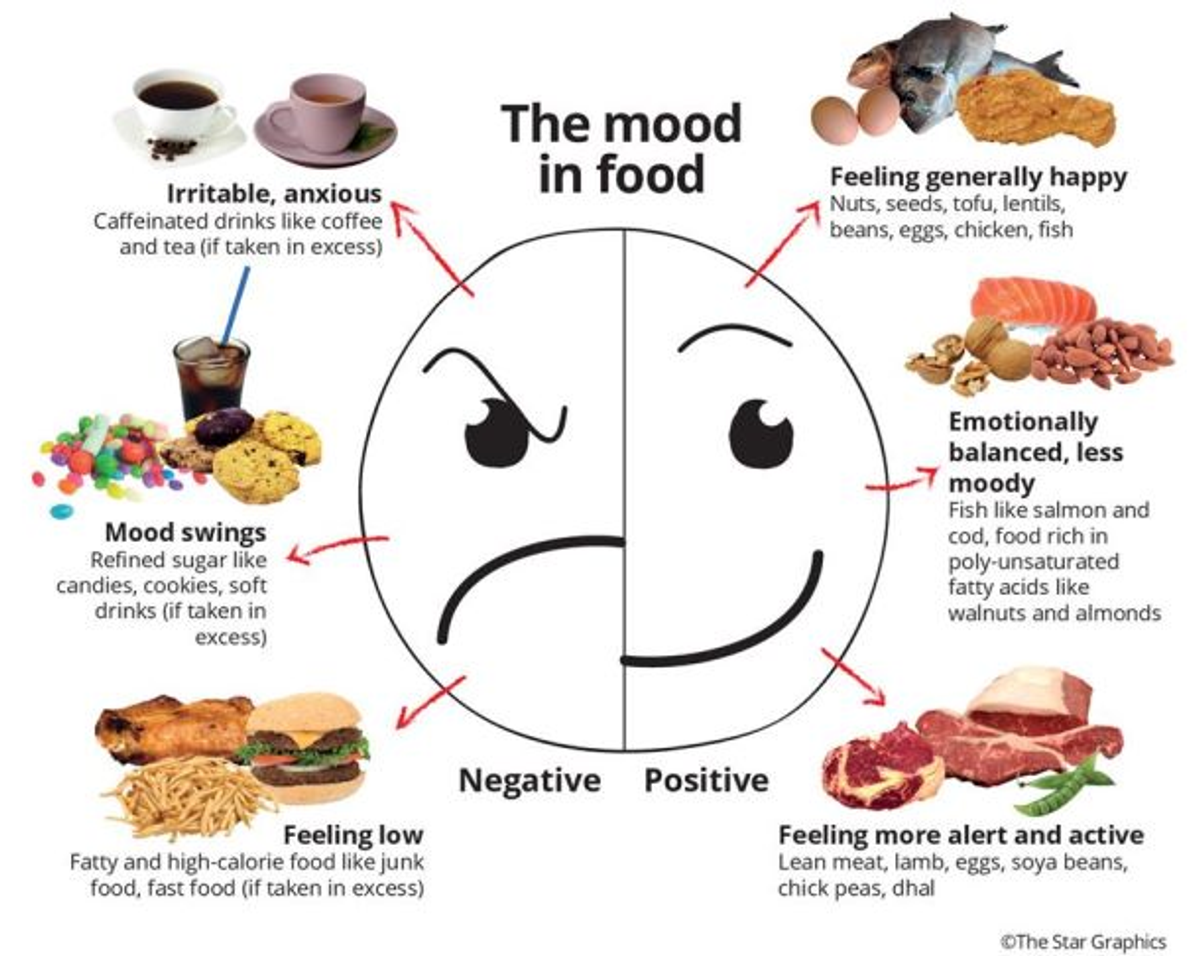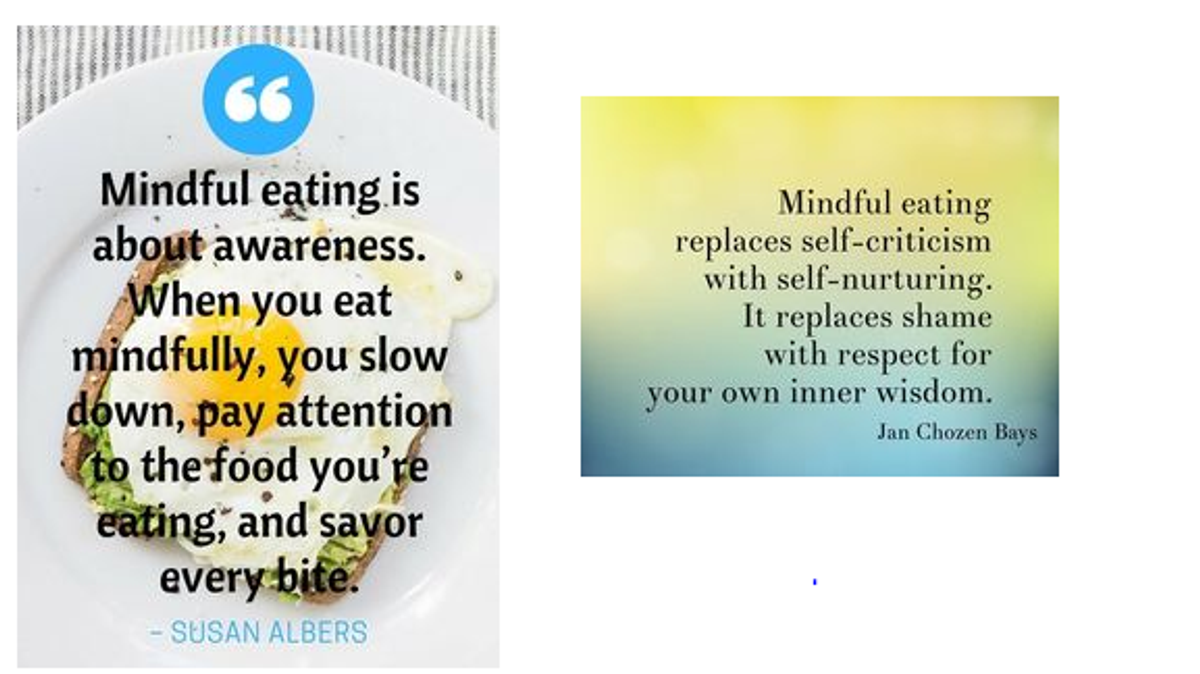Counsellor/Wellbeing News

Most of us are familiar with the saying you are what you eat, and in a literal sense this is true. Nutrients from the foods you eat food provide the foundation of the structure, function, and integrity of every little cell in your body, from your skin and hair to your muscles, bones, digestive and immune systems. You may not feel it, but you’re constantly repairing, healing and rebuilding your body. While we understand how these our diet impact our physical health, it also has an effect on our mental well-being.
Your brain needs a lot of nutrients to function well. Your diet also impacts on your sleeping patterns. Both of which are crucial to students performance at school. When you are at school or studying your brain needs extra energy and eating healthy foods is linked to better concentration. Hence why many primary schools across the world commenced school breakfast programs to ensure students were eating breakfast and give them a good start to the day so they could concentrate and learn in class.
You may have also noticed that your mood can be affected by the types of foods you choose to eat, as well as by how much you eat. Some foods can lift your mood, energy levels and concentration, whole others can have the opposite effect. Snack foods like chips and lollies can cause you to feel grumpy, irritable and low in energy. People often use caffeine for a ‘pick me up’ to feel more awake or alert. Too much caffeine from coffee, tea, soft drinks and energy drinks can disrupt your sleeping patterns, send your heart racing, make it difficult to focus and cause nervousness in some people.
Research has also shown that people whose diets are healthier are less likely to experience depression and likewise those people who eat unhealthier and consume junk foods regularly are at an increased risk of depression. This seems to be the case for adolescents too.
So what can you do?
Having a healthy, balanced diet plays an important role in your overall health and wellbeing. Be mindful when making food choices and when eating. Swap some unhealthy choices for some healthy ones. There is also some more diet and nutrition information on School TV, you can find it here.
If you have concerns you may also choose to see your GP who can direct you to an Accredited Practising Dietitian who can give you face-to-face support. Getting in touch with other people who have had challenges with healthy eating may also give you ideas on how to overcome your own challenges and improve your eating habits.
Karen Surian | School Counsellor | Social Worker



